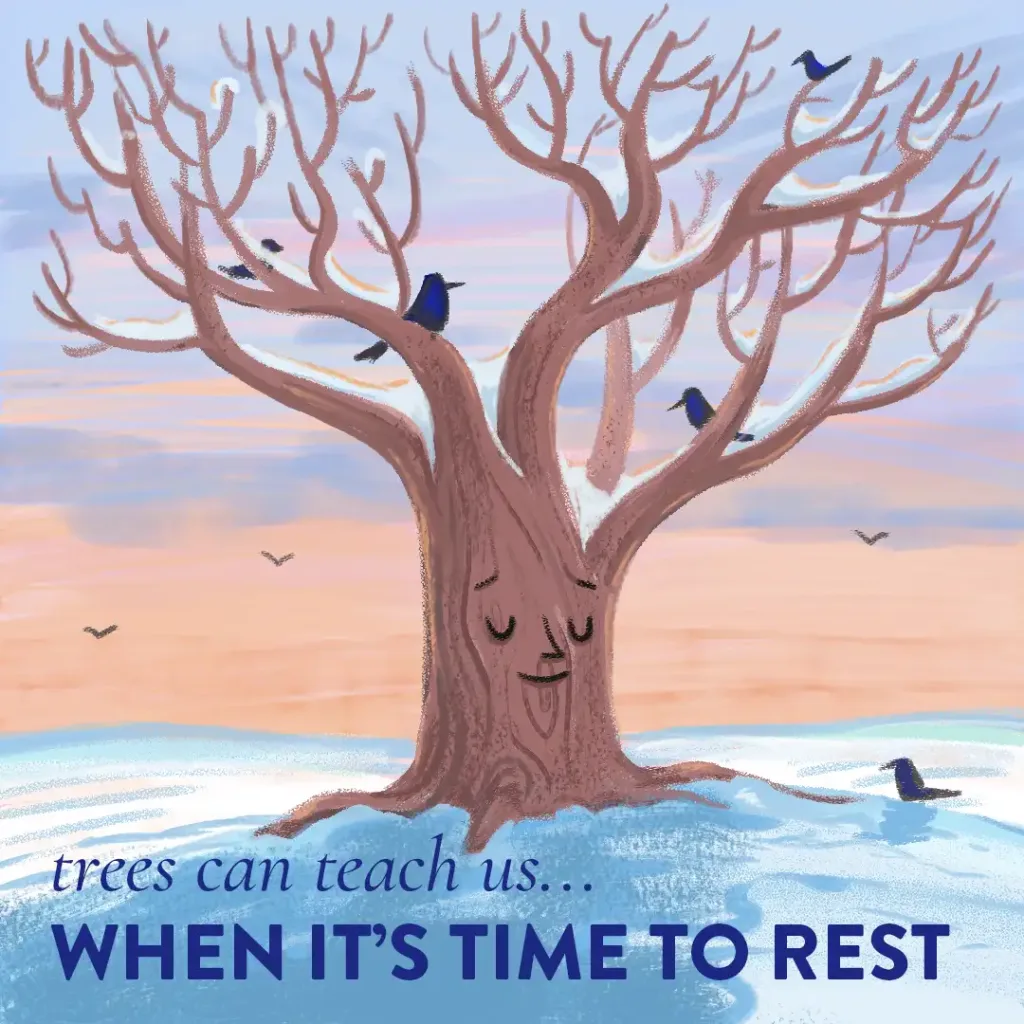Radical rest

There’s no time to waste when it comes to the climate and nature crisis! This urgency is borne out by the scientific data and media reports from both around the world and in the UK. It is why I have seen so many of my friends working tirelessly to do everything within their power to respond – to throw all they can at salvaging the situation to avoid catastrophe for people and all living things.
This response is based upon an important belief: namely that life is worth saving – that nature and everything within it is precious, some may even say sacred. This principle is at the heart of all that we do as climate and nature activists. That said, there is an epidemic of forgetfulness surrounding it: how often do you forget that you are part of nature too? That you are also precious? That you are also worth protecting?
Whilst we, quite rightly, rage against the extractivist culture which has led us to the crisis we are in, we are still of a mindset where we will take and take from our own mind, body and spirit to do the job at hand. When protecting the world around us, we too often forget to protect ourselves.
To rest is therefore a potent act. It not only avoids burn out, but also reminds us that we need to change our mindset. We need to honour not only the planet but also ourselves and other members of our community rather than pushing everything and everyone towards breaking point. This is not new thinking: Tricia Hersey explores in detail the idea that ‘Rest is Resistance’ in her book of that name; Audre Lorde wrote about self-care as a radical act; and – going back even further – the Judeo-Christian tradition has an all-powerful God making the significant choice to rest on the seventh day.
For those of us who are not all-powerful, to rest is often easier said than done. We live in a system where we have been conditioned to measure our worth by our productivity. Even where we have broken away from this idea, there is still a sense in which we feel worthless when we fail to do ‘enough’. The very idea of pausing from action when we are faced with the existential threat of the climate and nature crisis is overwhelming to us – because to be acting is often our only means of coping.
This was brought into stark relief for me when I was hit with long covid and was forced to begin living a life of pacing and pausing and resting. To be put into a situation where I had to sit with the world’s issues and stare them down rather than leap into action was unbelievably hard. It is an experience that many in our community will face at times in our lives – be it due to illness, ageing, caring commitments, or other life events. However, by understanding the power of rest and by embracing it in our lives right now, it can help to not only prevent the shock of enforced rest should it occur, but also profoundly change our understanding of the world.
When you begin to understand the importance of rest, then you begin to listen.
You listen out for what your body is telling you in a more holistic way because you recognise not only the worth of what the hand needs to do but also what the head needs and what the heart needs. This offers up far more than just taking time out so that you can be more productive on your return, it offers up a new way of understanding ourselves and the world around us, a way of reflecting on what is truly of worth.
Just as we have been conditioned to measure our worth by our productivity rather than our intrinsic worth, the same is also true of the land. In challenging the mindset of asking what the land can do for us, what might happen when we listen to what the land is telling us?
The 2023 State of Nature Report found that wildlife in England has declined in abundance by 32% since 1970 and 13% of the species assessed in the report are threatened with extinction. The land is screaming out to us that it is in trouble, that our actions as a species have disrupted balance and that things must change. But if we listen to the places where nature is flourishing, we begin to recognise that it is in the places where the land is left to just be. To be at rest and to be acting when and where needed without exhaustive demands on productivity is to thrive. We must begin to appreciate the intrinsic value in this.
Our blog posts are written by our core team and guest bloggers. If you have an idea for a blog post please pitch it to us: info@wildcard.land
CAMPAIGNS
ARCHIVES
- February 2026
- December 2025
- November 2025
- October 2025
- September 2025
- August 2025
- July 2025
- June 2025
- May 2025
- April 2025
- March 2025
- February 2025
- December 2024
- November 2024
- October 2024
- September 2024
- August 2024
- July 2024
- June 2024
- March 2024
- February 2024
- January 2024
- December 2023
- November 2023
- August 2023
- July 2023
- May 2023
- February 2023
- January 2023
